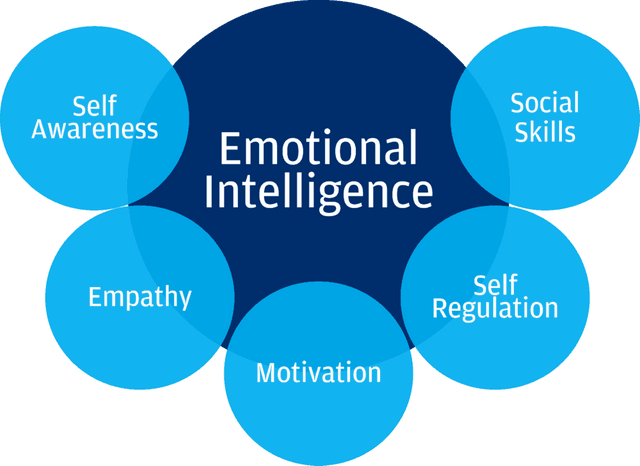Emotional Intelligence…it Matters at Home and at School
Feelings matter. They matter in school, at work and at home. At some level, we all know this, but when money gets tight and/or there is pressure to meet concrete objectives, many people have a tendency to discount the importance of emotions and feelings, and just focus on getting the job done. But there is data that shows this approach is counter-productive. Let's take a quick look again at the importance of "emotional intelligence" and Social Emotional Learning and why this should stay on your radar screen… this is as relevant and applicable within the walls of your home as it is in your teen's school.

What is "emotional intelligence?" It is one's ability to communicate well, to delay gratification, to tune in to another's feelings and point of view, to think before speaking, to consider your response before expressing it, and to solve problems. Although everyone can benefit from some instruction in this area, this kind of "intelligence" comes more naturally for some people than others.
Why is this kind of intelligence important? There is much research and data that demonstrates that emotional intelligence ("EQ") is a better predictor than IQ for both professional and personal success. We now know that emotional intelligence is linked to:
- improved academic performance
- avoiding risk behaviors
- stronger friendships
- decrease in violent behavior
- staying in school… higher graduation rates
- less disruptive behavior; fewer discipline problems
- improving health, happiness and life success
Emotional Intelligence and Social Emotional Learning at School
In a school environment, SEL (Social Emotional Learning) programs impact four aspects of the school climate and culture: Empathy (feeling cared for), Accountability (sense of follow-through), Respect(considerate behavior) and Trust (belief in the people and institution.) A positive school culture may be the most important determinant for a school's overall success on all fronts….especially academic success.
The excellent video below describes Alaska's approach in SEL programming and it does a great job in demonstrating why and how this positively impacts teenagers. (Trust me; it's worth your viewing time.) In it they report that Alaska has the highest levels of domestic violence and child abuse in the nation, per capita. Many kids come to high school from situations at home that directly undermine their ability to focus on learning, so educators in this school have become aggressive in their approach to addressing kids’ emotional needs first, having learned that once they create an environment where the emotions are addressed, they can move on to the learning. If you think the Alaska scenario doesn't feel relevant to your teen's situation, think again. Bullying and judgmental behavior occurs at most middle and high schools. Your teens are likely to experience this too. Addressing the emotions kids feel and bringing feelings into the discussions in the classroom connects kids, deepens the learning and teaches them vital life skills.
Emotional Intelligence at Home:
How might we apply these concepts at home? Consider the four elements of a school-based SEL program and consider how you apply these in your home:
- Empathy: How is your teen feeling about your empathy for his feelings? Are you tuned in to what is going on in his life? Do you have a sense of what he is feeling? While you may feel that your teen is pushing you away, he also needs to know how much you care. Find a new way to open up conversations, if necessary. This may take creativity and perseverance on your part.
- Accountability: Do you hold her accountable to do her chores, come home on time, participate in your family's day-to-day life? Allowing her to get away with selfish behavior is doing her no favors in the long run, even though it may feel like you are giving her what she demands. Teaching your teens emotionally intelligent behavior requires you to think long term and not take the easy way out.
- Respect: Does he feel that you treat him with respect? When was the last time you heard him out rather than imposed your point of view on him?
- Trust: Do you trust her? If you cannot trust her consider the first three bullets in this list. Then you'll need to exercise some emotional intelligence yourself as you communicate, tune into feelings, listen carefully and problem-solve together.
Sounds about right to me.